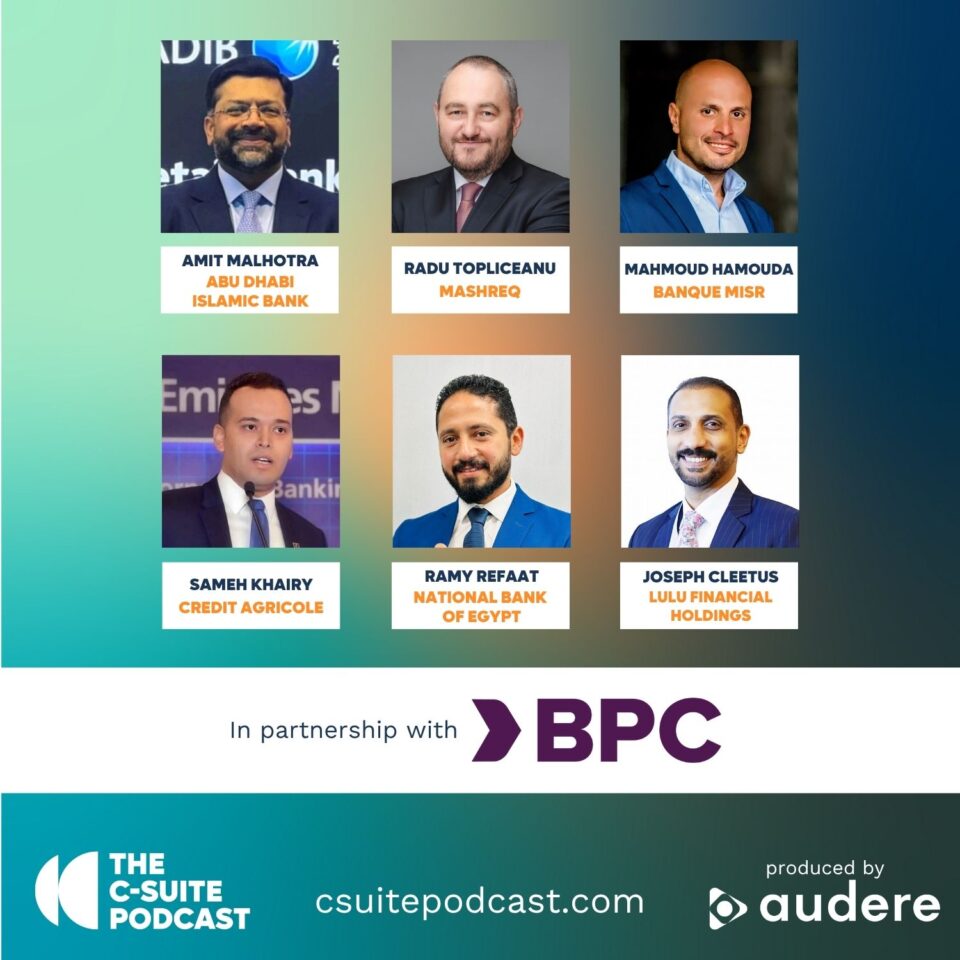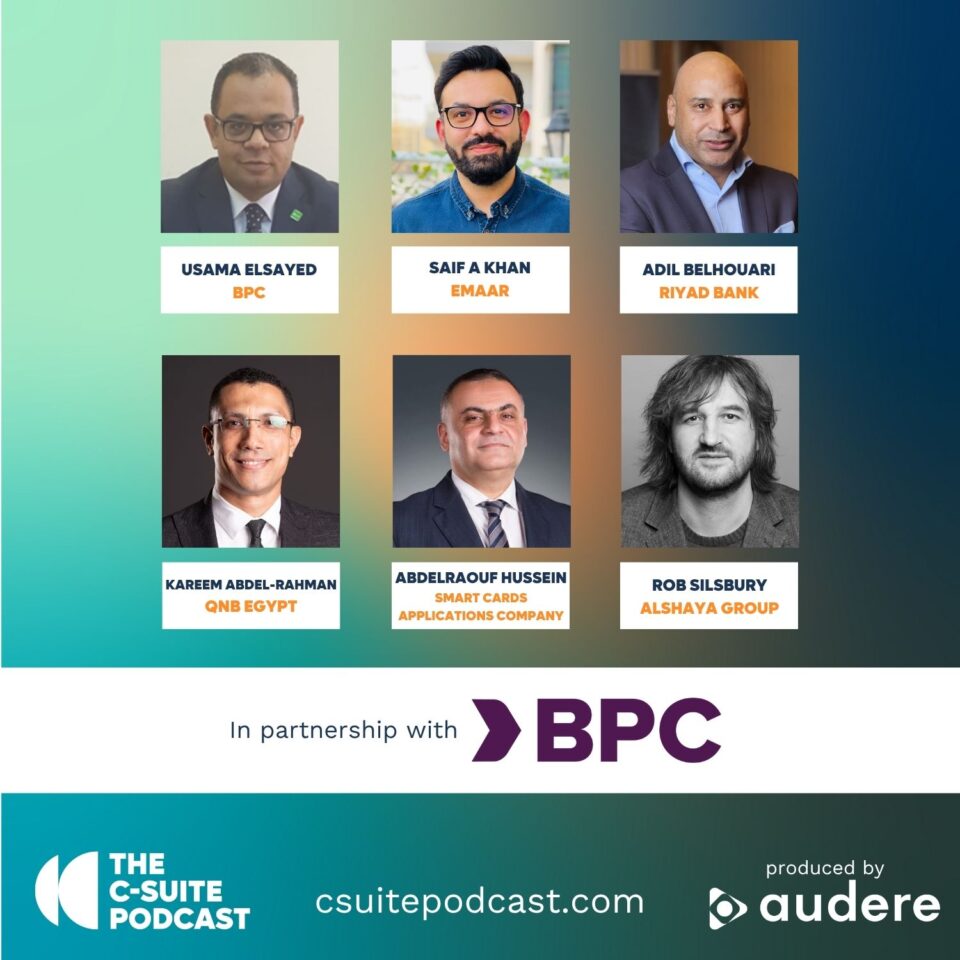
Chatting with Jyoti Menon of Bread Financial
Jyoti Menon, VP of Product Lending and Mobile at Bread Financial, discussed customer priorities, onboarding processes, their new Bread Cashback app, fraud prevention, and their latest American Shopper report in the following interview.
Jyoti noted that Bread Financial customers seek safety and reliability in payments, emphasizing the importance of understanding and providing the right solutions to meet customer needs.
Regarding onboarding, Bread Financial tailors its approach for merchants and customers, focusing on understanding their individual requirements. For instance, if a merchant prioritizes rewards, they aim to deliver the appropriate loyalty program. They also prioritize post-signup account servicing for customer convenience.
Bread Financial recently launched the Bread Cashback app, aligning with their digital-first approach and brand refresh. The app aims to simplify user experiences and make customers feel at ease. They plan to expand this digital solution to partner brands.
Jyoti addressed their approach to combatting fraud, mentioning their focus on implementing adequate controls for merchants, lending, and cards. They leverage digital tools such as GenAI to enhance decision-making and learn from ecosystem partners.
Bread Financial’s latest American Shopper report highlights key trends among their customers. Notably, around 20% of Gen Z customers are opting for instalment and longer-term loans, indicating a shift in consumer preferences. The report also underscores differences in shopping habits between boomers and Gen Z, influencing Bread Financial’s digital-first strategy and alignment of cards and lending with purchasing trends.

Talking to Justin Kamerman of Instnt
Justin Kamerman, CPO of Instnt, unveiled MultiPass, a revolutionary product with a decentralized identity approach. MultiPass empowers users to take control of their identities, ensuring privacy and reducing security risks associated with centralized databases.
This innovation challenges the traditional centralised data model where user data is stored in monolithic databases. With MultiPass, users enjoy portability and granular control over their data, allowing them to decide who can access it and revoke permissions if needed.
Key features of MultiPass include open standards and an SDK for seamless integration into applications and websites. It enables frictionless onboarding, passwordless login, and wallet-like capabilities, all fostering decentralized identity and portability.
MultiPass plays a significant role in combating first-party fraud by providing identity assurance, traceability of financial history, and reducing the risk of misrepresentation.
The fintech industry should be excited about MultiPass as it offers a true decentralized identity solution, unlike walled garden approaches by tech giants. Users gain full control, portability, privacy, and credential revocation rights. Justin Kamerman’s insights shed light on this innovative development at Money20/20.

Presenter Russ and Sarah Beth Felix of Acceleron Bank
Sarah brought her 22 years of experience in anti-financial crime to the forefront during her insightful interview. Her journey began as a stockbroker, but the events of 9/11 shifted her focus towards predicting criminal behaviour, a skill she excelled in. Subsequently, she spearheaded the fraud program at the world’s largest check processor, emphasising the importance of safeguarding user data. Her transition to the realm of anti-money laundering solidified her career path, and she’s been committed to it ever since.
When establishing Acceleron Bank, Sarah drew from her extensive consulting experience in anti-financial crime. She recognised the necessity of starting with compliance, in contrast to many financial institutions that prioritize profit-centric activities like lending. Sarah’s goal is to assure regulators that they take anti-money laundering (AML) compliance seriously. She joined forces with her co-founders, Damon and Andrew, to underscore this commitment, establishing a board with two anti-money laundering experts—Dennis Lormel, a retired FBI agent with over 40 years of experience in money laundering and terrorist financing. The board’s expertise in recognising money laundering in real life helps prevent costly compliance issues and regulatory orders in the future.
Sarah highlighted that smaller institutions need better education for consumers to mitigate the risks of FedNow. The rapid adoption of FedNow is driving the need for improved knowledge and compliance resources in banks. However, aligning data schema and data quality standards is a challenge, especially in the U.S., where there’s no unified framework like ISO 20022. To avoid potential pitfalls, institutions should revisit their insurance coverage policies, which often fail to address the unique features of FedNow and real-time payments, a critical oversight in their overall risk management.
Sarah Beth also shared her reservations about the evolution of universal identity into decentralized identity systems. While decentralized identity offers more control over personal data, she raised concerns about the existence of centralised repositories of information, posing a potential risk for identity theft and anti-financial crime.

Interviewing Mark diTargiani from Pacific Western Bank
Mark diTargiani, Senior VP of Venture Banking at Pacific Western Bank, provided insights into Pacific Western Bank and its venture banking operations, with a focus on early-stage startups in technology and life sciences.
Pacific Western Bank has embraced digital onboarding to meet customer expectations for quick and device-agnostic account opening. The process has transitioned from old paper-based methods to a seamless digital experience.
Fraud prevention is a hot topic at Money20/20, and Mark discussed their response to this challenge. They have integrated KYC and KYB processes into the digital account opening to prevent fraudsters from gaining access to the bank. Ensuring accuracy in collected details and safeguarding the process is a top priority. Collaborating with fintechs is a part of their strategy to enhance digital safety.
Mark also highlighted the recent merger between Pacific Western Bank and Bank of California. This merger, set to close with shareholder approval, aims to create a stronger and more tech-focused bank, delivering an enhanced customer experience.
Pacific Western Bank’s commitment to being a tech-first bank is underlined by their startup services platform. This platform offers early-stage startups free banking services, including a high-yield money market account, to help them make the most of their funds and extend their runway. Additionally, they provide clients with connections to valuable resources, reinforcing their support for early-stage businesses.
Mark’s enthusiasm for the future is evident, and he anticipates exciting developments in the coming year, with the merger and their tech-focused approach positioning them for growth and success.

Recording with Sara Hafner of Liberis
Sara shared her insights from Money20/20, highlighting the strong focus on identity and founder conversations at the event. Sara appreciated sessions that discussed KYC, KYB, and AI’s role in enhancing these processes. She also noted the value of global insights and the expansion of her company into new geographies.
Liberis, a global embedded finance platform, simplifies SMEs’ access to finance. Through embedded finance, they empower non-financial partners to provide lending solutions to their customers, including SMEs, in an accessible and straightforward manner.
Sara mentioned Liberis’ partnership with Vagaro, which operates primarily in the health and beauty industry, offering merchants access to financing within their ecosystem. This collaboration, through Vagaro Capital, streamlines financing for female entrepreneurs and has seen a significant impact, with about 80% of the funding going to female-owned businesses in the first month.
The focus on supporting female entrepreneurs and underserved areas is central to Liberis’ mission. Sara emphasised that Liberis provides a pre-approved offer, making the financing process transparent and less daunting for small businesses. With revenue-based finance, businesses receive funding quickly, often within 48 hours, allowing them to focus on their core operations.
Sara also explained that customer onboarding varies, depending on whether it’s a large partner or an individual merchant. For larger partners, onboarding is a white-glove experience, while merchant onboarding is designed to be as frictionless and straightforward as possible.
Once merchants gain access to the Liberis platform, they receive support, information about their financing, repayment schedules, and additional funding options. The goal is to provide this information within the ecosystem and environment that merchants are already familiar with.
Looking ahead, Liberis aims to expand its partnerships and enter new geographies. They plan to launch in Canada in the fall and explore European markets in early Q1 of the next year. Furthermore, they intend to introduce products and services like revenue-based finance to address the needs of a broader range of merchants.
Alex Jimenez, Financial Services Consultant, EPAM

Chatting to Alex Jimenez from EPAM Systems
Alex Jimenez, representing EPAM, a digital transformation company, discussed their role in helping organisations with business strategy and enhancing customer experiences. EPAM’s team includes designers and technologists with expertise in various fields such as software development, cybersecurity, AI, and blockchain, enabling them to serve diverse industries.
During a panel session on universal identity and Instnt’s new launch, Alex praised the concept of portable identification owned by individuals, reducing the need for repetitive identity verification. He anticipates both early adopters and laggards adopting this innovation, with early adopters taking around 5 years while laggards might take up to 20 years. He also noted that Europe, due to GDPR, appears more prepared for such developments compared to the US.
Alex highlighted that human error remains the weakest link in security, with banks often facing challenges related to client credentials and identity verification. He mentioned the need to address encryption and the evolving landscape of quantum encryption.
Addressing the challenge of fraudsters using AI, Alex pointed out the ease of generating convincing content with tools like ChatGPT, emphasizing the importance of educating individuals not to share credentials with anyone.

Ram Palaniappan from EarnIn and presenter Graham
Ram Palaniappan, Founder and CEO of EarnIn, discussed the significance of addressing financial inequality during his panel session at Money20/20. He stressed the need to challenge conventional practices and policies that perpetuate inequality. Among these, he highlighted rigid pay cycles and the financial difficulties they pose to many Americans, such as the challenge of finding $400 in emergencies.
Ram shared the story of how EarnIn began when he helped employees gain access to earned wages before payday by simplifying the payroll system. The positive impact on their lives led to the idea of creating a product to offer financial flexibility to a wider audience.
EarnIn operates as an app that allows users to withdraw money they have already earned on-demand, reducing the financial strain associated with rigid pay cycles. Ram believes that by giving consumers options and flexibility, EarnIn can contribute to building a more equitable financial system.
Ram offered an inspiring example of a hospital worker in Ohio who used EarnIn to pay for her daughter’s dance classes, enabling her daughter to pursue her passion.
The challenges EarnIn faces include both the inherent complexity of running a business and navigating regulatory frameworks for innovative financial products. In the ever-evolving landscape of financial services, Ram stressed the importance of continually exploring solutions to address financial pain points experienced by individuals with lower incomes.
Regarding customer onboarding, EarnIn verifies customers’ employment and paycheck history through data aggregators and occasionally obtains information from employers.
Ram is excited about the potential to further enhance the financial system by addressing pain points for individuals with lower incomes. He believes there is much more work to be done in improving financial equality and the solutions available in the market.











